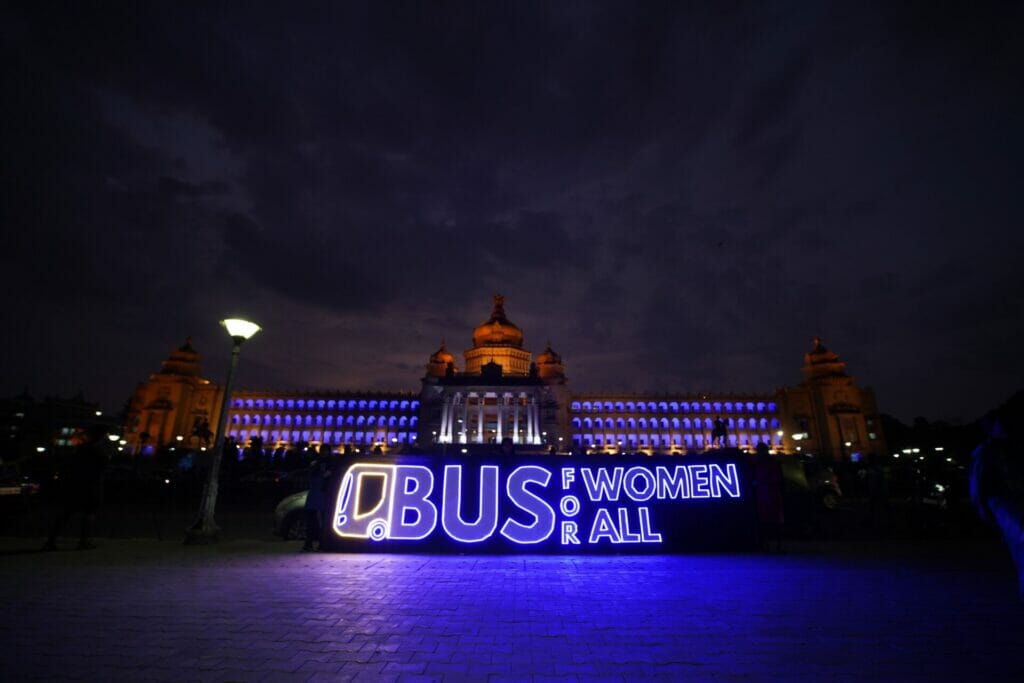May 2023 wettest since 1957: IMD
The India Meteorological Department (IMD) on May 30th issued a yellow alert for Bengaluru and 10 other districts. There might be a temporary disruption of electricity in some areas, minor traffic snarls, and uprooting of trees and branches.
May, this year, was the wettest for the city in recorded history, with nearly 30.1 cms of rainfall, breaking a 66-year record of 28 cms, set in May 1957. Every year since 2015, the May rainfall hovered above the mean monthly total of 128.7 mms.
However, the pre-monsoon showers has brought more threatening potholes on the roads, which the Bruhat Bengaluru Mahanagara Palike (BBMP) is hurrying to fix.
On May 30th, many arterial roads, including parts of the Outer Ring Road, were flooded and traffic-ridden following torrential rains. It made several underpasses ponds, although authorities tried to place barricades. The worst affected roads were Bellandur near EcoSpace, Bannerghatta Road near Sagar Hospital junction, Lingarajapuram underpass, Sivananda Circle, Chickpet Main Road, Sankey Road and KR Circle underpasses and Old Madras Road near RMZ Infinity.
The city needs about 658 kms of stormwater drains and nature-based solutions, such as ‘sponge city’, to prevent urban flooding, said a report released by property consultant, Knight Frank India.
Chief Commissioner Tushar Giri Nath said that BBMP is “galvanised” to face the rains, following the directions from the Deputy Chief Minister D K Shivakumar. He said that all zonal commissioners, joint commissioners, chief engineers and executive engineers, along with the forest wing, have been directed to be on high alert and monitor the situation. He warned of strict action against negligent officials.
Source: Deccan Herald, The Hindu, Indian Express
Cauvery Stage V delayed
The Bangalore Water Supply and Sewerage Board (BWSSB) is facing hurdles in implementing the Cauvery Stage V project, which is trying to provide drinking water to 110 villages in the city’s outskirts. Residents will need to wait for at least three more months.
The project is only 75% complete, with its progress slowed down due to dependency on the National Highways Authority of India (NHAI). An official said that works are overlapping, and they can only lay some of their infrastructure after the bridges are constructed by the NHAI. The pandemic too led to delay, as they faced a shortage of industrial oxygen that stalled progress.
Source: Deccan Herald
Read more: Treated water from one-third of BWSSB sewage treatment plants is unsafe
Energy-efficient desalination unit
A novel thermal desalination system, using solar energy, has been developed by researchers at the Indian Institute of Science (IISc), which is energy-efficient, cost-effective, portable and convenient for areas with limited access to continuous electricity. The unit helps to increase the availability of clean and potable water.
Thermal desalination helps to convert saline water into vapour that is free of salt and minerals. When condensed, it forms freshwater, but it consumes a lot of energy. The IISc is replacing the use of electricity and fossil fuels with solar stills, to evaporate saltwater in large reservoirs and collect the vapour that condenses on a transparent roof. The researchers want to scale up the system and improve its durability, to expand the volume of drinking water for domestic and commercial uses.
Source: Indian Express
Demand to implement five guarantees
Bescom officials are now up against a number of customers refusing to pay their electricity bills, citing the new Congress government’s promise to implement one of its five guarantees of supplying free power up to 200 units. Some customers ask deduction for the first 200 units. Bescom officials have asked people to pay their bills within the stipulated time or warn that they will disconnect the power supply as per the policy decision, unless the government gives an order.
Meanwhile, the proposed implementation of the ‘Gruha Lakshmi’ scheme, offering a monthly subvention of Rs 2,000 to the female head of houses, is said to have stirred conflicts in houses between mothers-in-law and daughters-in-law. Family members argue over who should receive the monthly cash incentive
Also, Greenpeace India has lauded the free bus travel for women but called it only the first step in a series of measures to reform the public transportation sector, including increasing the BMTC fleet to 14,000. It called for multiple interventions to make public transport accessible and affordable, including a 24X7 grievance redressal mechanism.

Greenpeace’s message ‘Bus for women, Bus for all’ before Vidhan Soudha. Pic: Twitter/greenpeaceindia
They include reservation of seats for women, elderly and sexual minorities, bus lanes to decongest the roads and making bus commutes timely and reliable.
As pressure mounts for implementation of the guarantees, the State’s Rural Development and Panchayat Raj Minister, Priyank Kharge, said that criteria and frameworks are being decided.
Source: The New Indian Express, Times of India, Deccan Herald, Indian Express
Read more: Lack of public consultation is a hindrance to holistic lake development in Bengaluru
New police chief
B Dayananda, Additional Director General of Police (ADGP) has been named the new city’s police commissioner. A transfer order regarding four senior IPS officials was issued. B Dayananda replaces C H Pratap Reddy.
He was an officer of the 1994 batch. He was the joint commissioner of police (crime) and headed the city’s traffic department too.
He said that his department will prioritise traffic management with coordination from civic agencies.
Source: Deccan Herald, Indian Express, The Hindu
[Compiled by Revathi Siva Kumar]